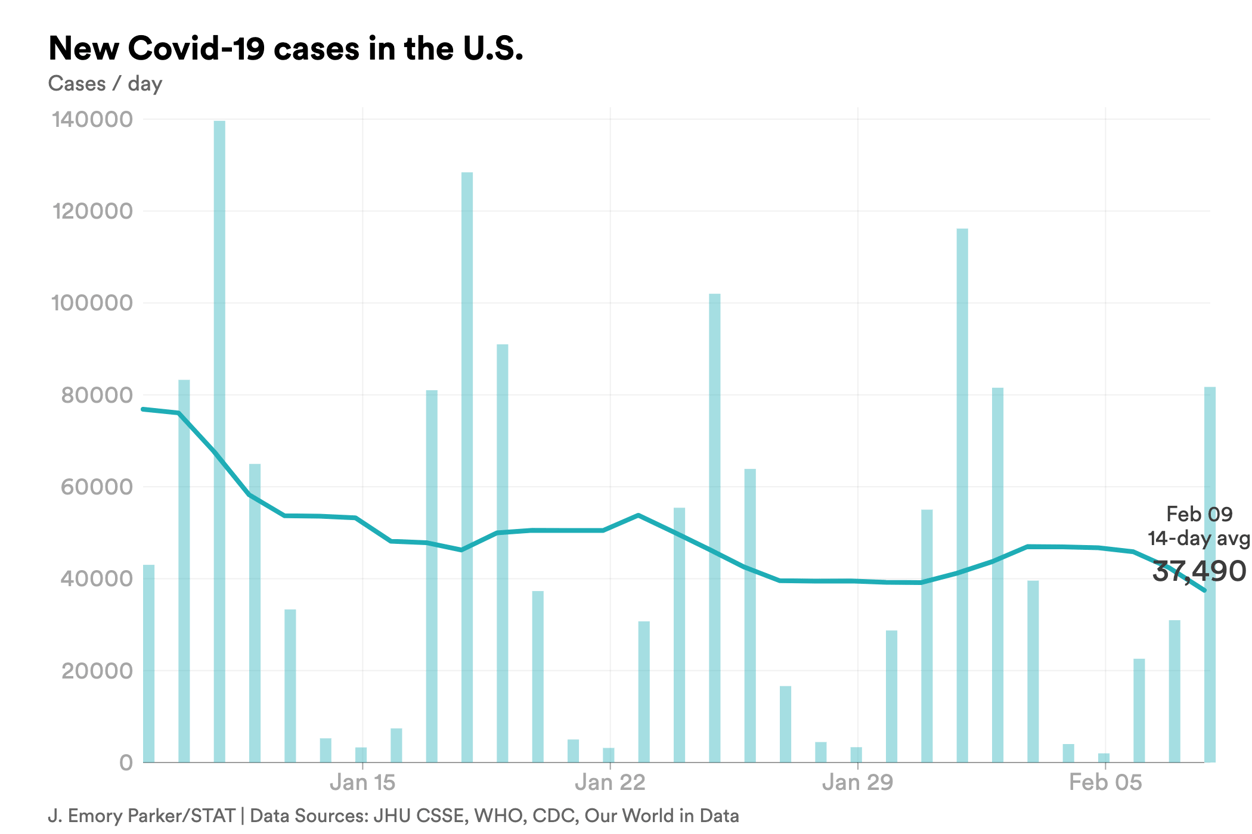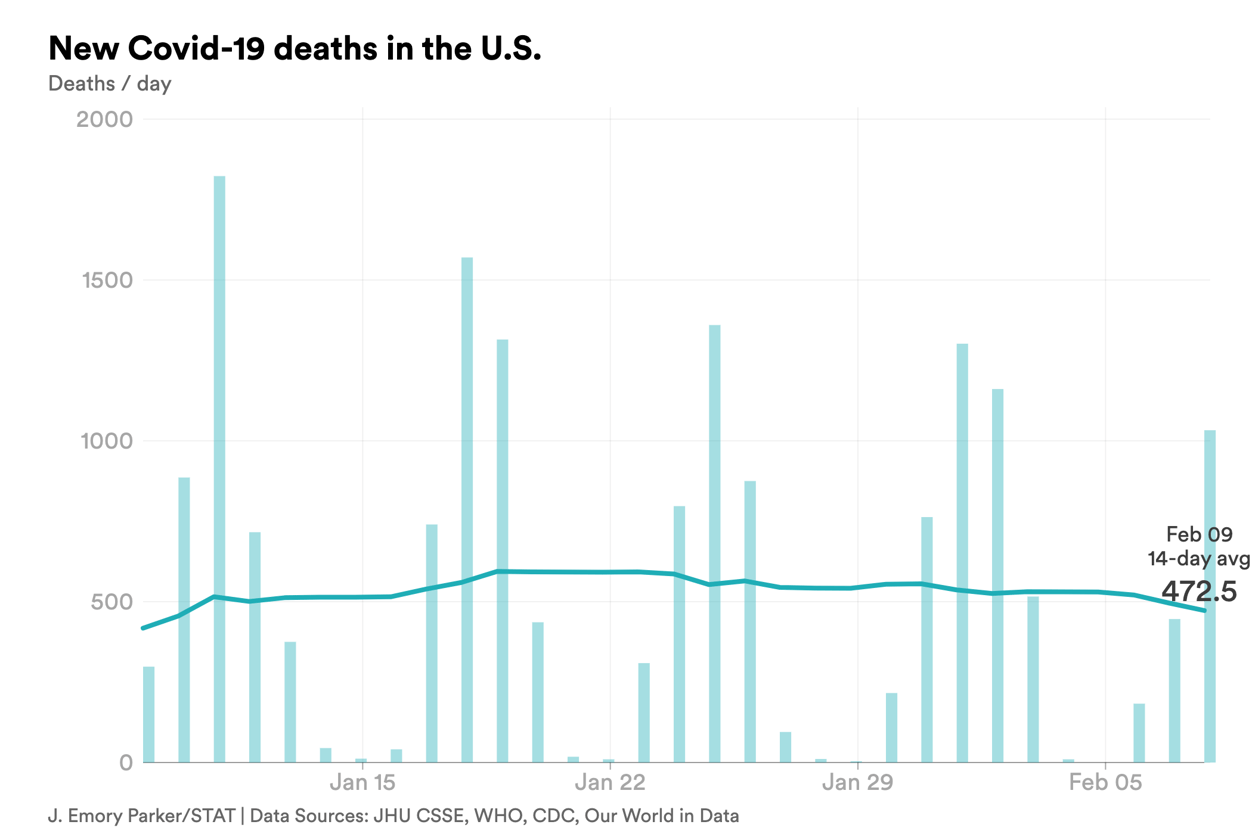Closer Look
Generics companies fought the drug-pricing law, but it may end up helping them
 Patrick T. Fallon/AFP via Getty Images
Patrick T. Fallon/AFP via Getty Images
The sky may not be falling for makers of generic drugs after all. Despite dire warnings that legislation granting Medicare the power to negotiate drug prices would gut their business, it now appears those elements in the Inflation Reduction Act could be beneficial for the generics industry. The change in tone comes as experts say the law may keep brand-name drugmakers from fighting off generic competitors, the way they often do now. Tactics can include patent thickets and pay-to-delay settlements to make generic businesses wait years before competing.
"The negotiation provisions of the IRA are clearly a concern for us," Craig Burton of the generic lobbying group Association for Accessible Medicines told STAT's John Wilkerson. "That said, there are other provisions of the IRA that are quite helpful." Read more about other wrinkles that may come up when the law takes force in 2026, including the impact on biosimilars.
n the lab
DNA sequencing could reduce infant deaths from genetic diseases, study suggests
In a scientific version of what-might-have-been, a new study looking at more than 100 infants who died concludes that some of them could have been treated, perhaps even saved, had genetic sequencing diagnosed their genetic diseases quickly and early. The findings, published yesterday in JAMA Network Open, add data to an ongoing debate about how to implement sequencing in health care, given its cost and current gaps in understanding how certain genetic variants contribute to disease.
For the study, researchers examined DNA sequencing data from 112 infants who died, 40% of whom had genetic diseases. For 30% of those conditions, treatments exist. The authors believe five of eight deaths might have been avoided. "We're still missing children who have genetic diseases, and who go on to die," Stephen Kingsmore, CEO of Rady Children's Institute for Genomic Medicine in San Diego and a study co-author, told STAT's Jonathan Wosen. Read more.
hospitals
Here's what one hospital oligopoly looks like
It's not everyday that you see "oligopoly" in a headline. But that's the term of art for what's happening in Orlando, Fla., where two hospital systems exert the kind of power that casts shade on duopolies like Google and Facebook or Coca-Cola and Pepsi. Some of the evidence STAT's Bob Herman found from his perusal of financial documents filed by Orlando Health so it can borrow $300 million to build new facilities and make upgrades:
- Orlando Health and AdventHealth together control 77% of the inpatient hospital market in metro Orlando.
- The two not-for-profit systems also own two-thirds of the pediatric hospital market.
- They control closer to 90% of inpatient services in a narrower slice of Orlando.
Some perspective: "It's certainly high, but not at the top of the list by any means," Chris Whaley, a health economist at RAND Corp. told Bob. The Health Care Cost Institute's index of hospital market power ranks Orlando 70th of 186 metro areas. Read more.
by the numbers


No comments